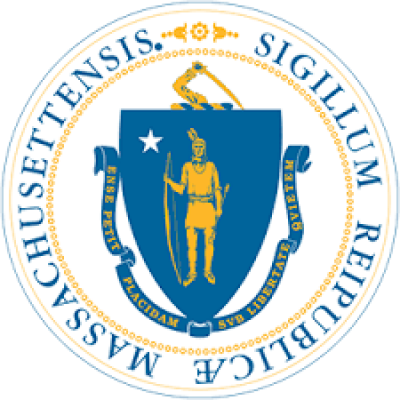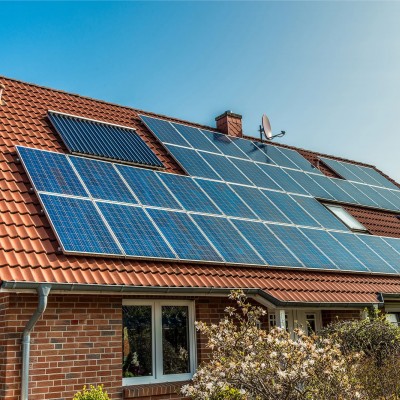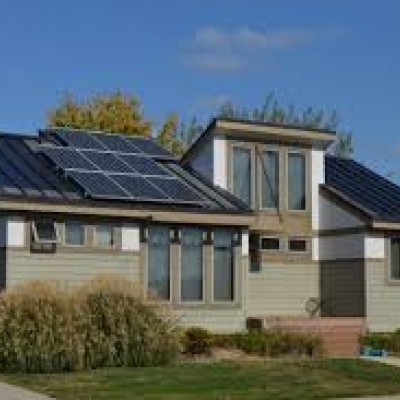New Solar Program Risks Harming Solar Development in MA
New Solar Program Risks Harming Solar Development in MA
Community, Solar and Environmental Leaders Say Gov. Baker’s ‘SMART Program Would Be Disastrous for Solar Access in Low-Income Communities
BOSTON, MA- Solar advocates, environmental experts, and nonprofit organizations devoted to serving low-income communities in Massachusetts warned the Baker administration today that its new Solar Massachusetts Renewable Target (SMART) program could damage key portions of the solar industry and be disastrous for solar power in low-income communities throughout the state.
Advocates praised the extensive and thoughtful process the Department of Energy Resources (DOER) has engaged in over the past year to develop the new program. However, they expressed alarm at the potentially devastating effects this new program could have on the continued expansion of solar in Massachusetts, and in particular on the ability to offer residents in low-income communities access to affordable solar power and the savings that come with it.
“Homeowners, tenants and businesses throughout our neighborhood want to adopt solar power, both for the savings on their electric bill and for the chance to help fight climate change,” said Gail Latimore, Executive Director of the Codman Square Neighborhood Development Corporation in Dorchester, which is currently developing community solar projects on 18 of its buildings in consultation with its Eco-Innovation District Initiative. “SMART could be a positive development for solar, but without a program that expands sharing and offers a fair compensation for solar production, many in our communities, especially the low income tenants we serve, will be left behind by the solar revolution.”
Mark Sandeen, co-founder and president of MassSolar said “MassSolar works to expand access to solar for everyone in the Commonwealth, including low-income communities. We are concerned that the SMART program as currently proposed, may impose administrative hurdles and set compensation rates so low that continued development of low-income solar will become impossible. We need to make it easier, not harder for low-income communities to go solar."
When the legislature passed solar legislation in 2016, lawmakers directed DOER to address the concerns of low-income solar. While the Baker administration has stated a desire to increase access to low-income solar, the SMART program, as currently designed, misses that mark, making it impossible to offer solar savings to most affordable housing projects and their tenants.
“Solar energy is helping us clean up our air and water and fight climate change, and all of us stand to benefit when everyone in Massachusetts has the opportunity to switch to solar,” said Ben Hellerstein, State Director of Environment Massachusetts. “But the devil’s in the details. Access to solar for low-income communities will be severely limited if the Baker Administration doesn't fix shortcomings in the SMART program. We urge the Administration to fix SMART to help put renewable energy within reach for all Massachusetts residents."
Elyse Cherry, CEO of Boston Community Capital, agreed. “Massachusetts citizens love solar. They want to see more not fewer solar developments across the state. They want solar not just for their own homes, but for business and government as well. They want the good paying jobs that solar has brought to the Commonwealth. And they want savings from solar to be accessible by all. SMART needs to be fixed, or we risk leaving low-income residents and communities behind.”
Download this press release here.


